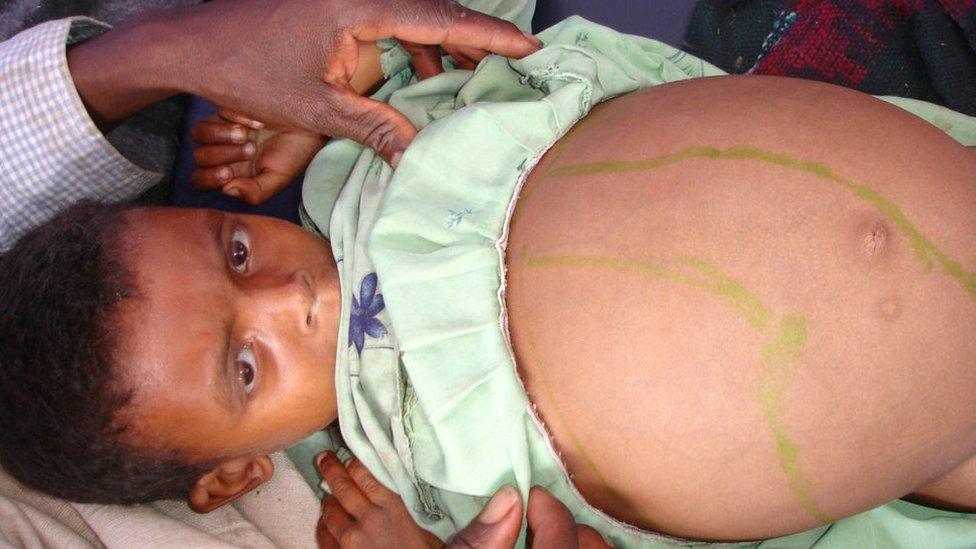Dundee scientists' new treatment hope for tropical disease
- Published

Leishmaniasis is spread through the bite of infected sand flies
Scientists at Dundee University have discovered a new potential treatment for a tropical disease which kills tens of thousands of people every year.
Visceral leishmaniasis is caused by a parasite, which is spread through the bite of infected sand flies.
Dundee University, GSK and Wellcome scientists have discovered a compound which they believe could be developed as a pre-clinical candidate drug.
It is estimated there are 50,000 to 90,000 new cases per year.
These cause 20,000 to 40,000 deaths annually, mainly among the poorest people in the world.
People infected with the disease suffer fever, weight loss and anaemia, and the disease is typically fatal unless treated.
Health experts said the current available drugs have limitations and are not ideal for use in settings with poor resources.
'Great progress'
Prof Paul Wyatt, head of the drug discovery unit at Dundee University, external, said: "This is a significant step forward in our goal to develop new, oral and safer drugs to tackle a disease which kills tens of thousands of people every year.
"The compound still has some way to go before it can be used to treat patients, but we are excited by the great progress that we have made."
The World Health Organisation estimates that more than 600 million people are at risk of visceral leishmaniasis.
Diana Tay, from Wellcome's innovation team, said: "This potential treatment is in pre-clinical stages of research, but could be used to treat those with the most severe form of leishmaniasis, which, untreated, kills 95% of people affected."